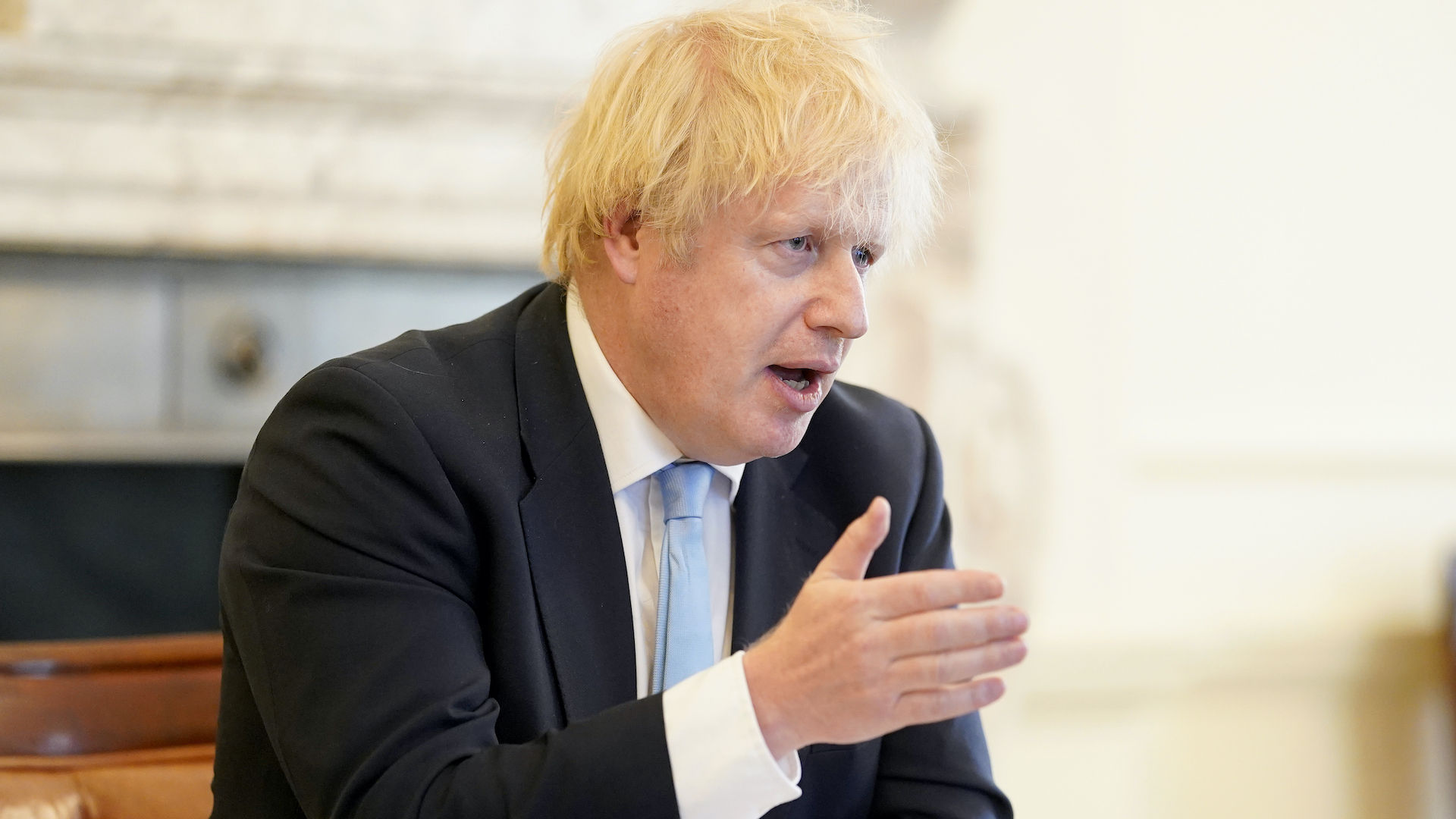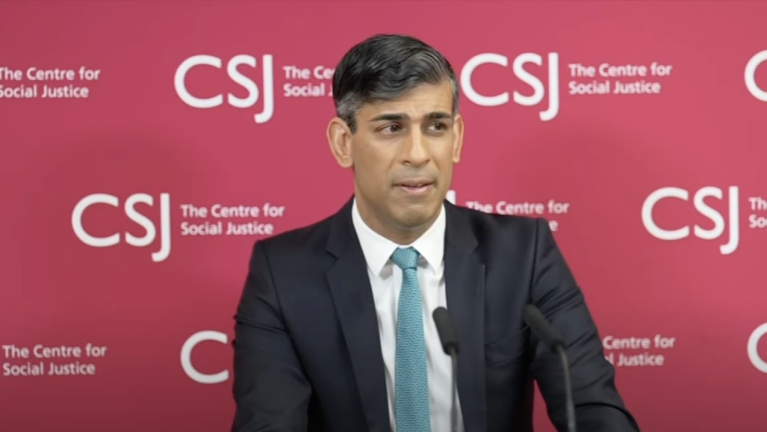Yet the help outlined for struggling families centred on policies which already exist, such as Rishi Sunak’s energy bills loan scheme, which he’d already announced earlier this year.
Additionally, the government highlighted how in April, it increased the National Living Wage by 6.6 per cent to £9.50 from April 2022, and provided a £150 council tax rebate for those in Bands A-D in England.
The fuel duty has been cut by 5p for 12 months, and is saving drivers an average of £100 a year, having already been frozen for twelve consecutive years.
Another pre-existing policy is the provision of seasonal cold weather payments of an extra £25 a week for up to four million people during sustained cold periods.
Policing minister Kit Malthouse earlier warned that “we can’t spend our way out of this problem”.
It comes after the Bank of England recently predicted that inflation is likely to rise to around 10 per cent later this year, with food and energy prices being badly affected.
Prince Charles said the government will drive “growth to improve living standards and fund sustainable investment in public services.”
He added: “This will be underpinned by a responsible approach to the public finances, reducing debt while reforming and cutting taxes.”
He said ministers will support the Bank of England to return inflation to its target.
Yet the prime minister confirmed no extra funds, or plans for a windfall tax on energy giants – which has been backed by Tesco chairman John Allan – to help hard-up households.
He warned the government cannot “completely shield” people from spiralling costs.
Some measures which were introduced include a British Bill of Rights which will replace the Human Rights Act, with new legislation leading to the privatisation of Channel 4.
Additionally, a Levelling Up and Regeneration Bill will empower local leaders to revitalise high streets, forcing landlords to rent out empty shop units.
And seven measures will ditch EU regulation spanning data reform, gene-editing and financial services, as ministers follow through on Brexit.
What has the reaction been?
Responding to the Queen’s Speech, Emily Fielder of the Adam Smith Institute, said: “Despite pledging to ‘drive growth and strengthen the economy and ease the cost of living crisis,’ the Queen’s Speech announced a raft of meddling pet projects, rather than focusing on measures that can deliver meaningful change. The only growth the government is achieving is the growth of the state.
“What was undeniably missing from the speech was immediate solutions to the cost of living crisis. No promises have been made to put pounds in the pockets of those struggling the most, as the Government are too busy cracking down on free speech online.
“Our country needs bold new ideas to pull us out of the doldrums, but this Queen’s Speech merely offers more of the same.”
The leading think tank IPPR called the Queen’s Speech “cosmetic surgery for an economy facing a heart attack”.
Dr George Dibb, head of the IPPR Centre for Economic Justice, said “there is disturbingly little in their legislative programme that will make a real difference”.
He added: “The British economy is facing a second lost decade and this isn’t going to be prevented by some cosmetic cutting of Brexit red tape that businesses don’t even want. This crisis calls for a major restructuring of the UK economy to drive higher wages, productivity, innovation, investment, and faster decarbonisation.
“But the main brake on the economy in the short-term is shrinking household budgets as a consequence of the failure to tackle the cost of living crisis. Today’s Queen’s Speech contains almost nothing for families who are struggling to make ends meet.”
Sam Tims, economist at the New Economics Foundation, said: “The agenda set out by the government this morning would be laughable if it weren’t so worrying. There is a growing likelihood that we will face a recession soon.
“If this happens, the government’s refusal to implement any policies to tackle the cost of living will mean low-income households will be hit hardest. To protect their income and keep local economies going, our benefits system should be given the major investment it urgently needs.
“Some 2.2 million more people will already be forced to make sacrifices on essentials like putting food on the table or replacing clothes this year. The government should make use of the policy staring them in the face: increasing social security to match the current inflation rate, and a windfall tax on oil and gas companies to support low- and middle-income households.”
Rebecca McDonald, Senior Economist at the Joseph Rowntree Foundation said: “Despite claims in today’s speech that easing the cost of living was a priority for this Government, there were no new support measures announced. This will be deeply worrying for families on low incomes, particularly those who have just experienced a real-terms cut to their benefits after the Government failed to uprate benefits in line with inflation last month.”
“Nevertheless, the inclusion of the long-awaited Renters Reform Bill and Social Housing Regulation Bill in today’s Queen Speech is very welcome. Together, these bills should help drive up standards and strengthen renters’ rights in both the private and social rented sectors. It is now essential that the Government works with renters to ensure the legislation is well designed and truly delivers, especially for those on low incomes.
“We remain seriously concerned that the Employment Bill, first announced in 2019, has once again not been prioritised by this Government. Ministers must explain why they have not committed to improving security and flexibility for low-paid workers when it would have boosted incomes and provided stability at a time when costs are soaring, and incomes are eroding.”









